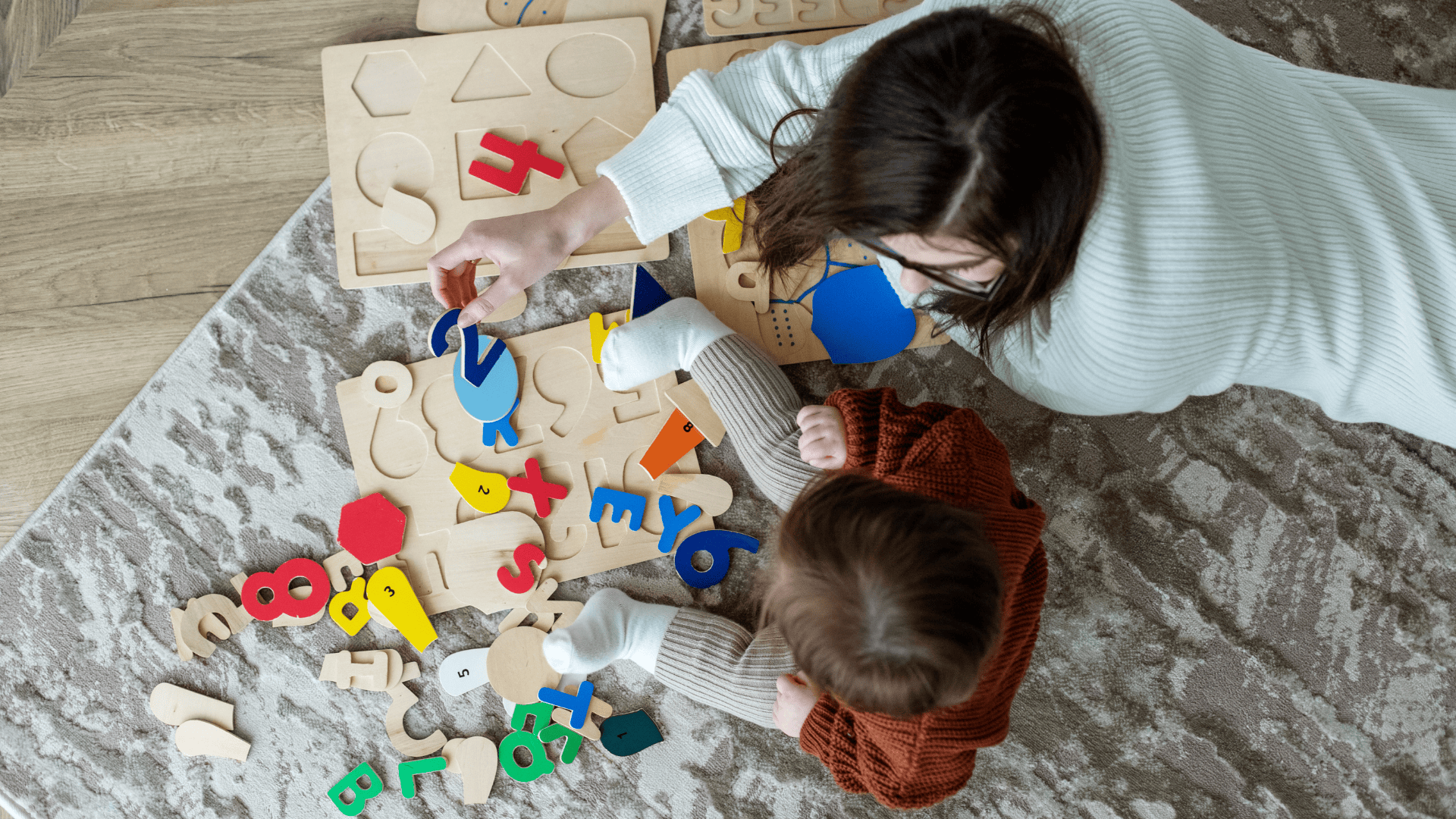(and that’s why we all need to be concerned about the retention of educators)
In a world that is constantly changing, one thing remains firm: the importance of early childhood education. But early childhood education isn’t just about knowing your ABC’s and how to count to 10; it’s also about the relationships formed between educators and the children in their care. These connections are vital because stable, strong relationships build stable, strong brains. In this blog, we’ll explore why educator retention is crucial for nurturing these relationships and fostering healthy brain development in children.
The building blocks of stable, strong brains:
- Attachment and Security
When children form secure attachments with their caregivers, including parents and educators, they feel safe and cared for. This attachment allows children to have a safe base from which to explore the world, take risks, and learn. Secure attachments help children manage stress and navigate challenges, as they know there is a safe adult who they can ask for support from nearby. This emotional security provides a stable foundation for healthy cognitive development. A strong attachment fosters trust, positive self-esteem, and a sense of belonging, all of which are essential components of a strong, stable brain in early childhood. Children who have secure attachments are better equipped to learn, explore, inquire, investigate, problem-solve, and develop essential life skills, setting the stage for lifelong emotional wellbeing and cognitive growth. - Emotional Regulation
One of the primary functions of stable relationships is to provide emotional support and guidance. From the moment a child is born, they begin to learn about emotional regulation by observing and interacting with their caregivers, which often includes educators. Infants and young children depend on these significant adults to help them understand and regulate their emotions. Educators who form strong connections with the children in their care, can provide a safe and nurturing environment where emotional regulation skills are modelled, practiced, and refined. These skills are crucial to build and develop, as they provide children with the ability to face and overcome adversity within their settings. - Resilience
Stable relationships allow children to develop their resilience, which supports them to deal with and succeed in difficult situations and events. For a child to have a strong brain, they require the ability to persevere and overcome obstacles they may face each day. When a child encounters setbacks or faces difficulties, their brains adapt by forming new neural connections. By partnering with caregivers, children can develop problem-solving skills, and the capacity to learn from experiences, both of which are essential for cognitive and emotional development. By fostering resilience in early childhood, we not only strengthen children’s capacity to overcome obstacles, but also lay the foundation for robust brain development that will support them throughout life.
Now, why is it crucial to be concerned about the retention of educators in our early childhood sector?
- Consistency and Trust
The longer our educators remain in the roles, the more opportunities they have to build meaningful relationships and connections with the children in their care. Consistent trusted educators serve as a stabilising force in a child’s life, offering a reliable source of comfort, guidance, and assurance. Frequent changes with educators, disrupts these crucial relationships, which can impact a child’s feelings of safety and security within their educational environment. When a child doesn’t feel safe or secure, they are less likely to try new experiences, retain learned skills, take risks, and develop new relationships with peers or adults. - Role Models
Educators are some of the most influential role models in a child’s life. Through role-modelling, educators can guide children’s responses to various stimuli and promote appropriate ways to act and interact with others. Each time a new educator enters the learning environment and uses a different action, approach, and language to respond to the same situation, children become confused, and their understanding of how to regulate their emotions, and interact with others becomes blurred and unstable. - Building a Community
As educators remain in their roles for extended periods, they establish a sense of trust, familiarity, and consistency with both the children and their families. Their stable presence allows for more meaningful and enduring relationships to develop, fostering a collaborative environment where educators and families can work together to support a child’s development. In contrast, high turnover rates disrupt these connections, making it challenging for families to build trusting and engaging relationships with early childhood centres and their educators. Children can be adversely affected by this instability as they rely on secure, consistent relationships between their educators and family members to guide their emotional intelligence, social development, and overall wellbeing.
Stable, strong relationships are the foundation of stable, strong brains. Educators play a critical role in fostering and nurturing these relationships, leading to healthy brain development and increased emotional wellbeing. We should all be invested in the retention of our educators, as the result of high turnovers is not only an educational issue, but a societal one. By supporting and valuing our educators, we can help build not only stable, strong brains but also a stable, strong society where the next generation can thrive and reach their full potential.









